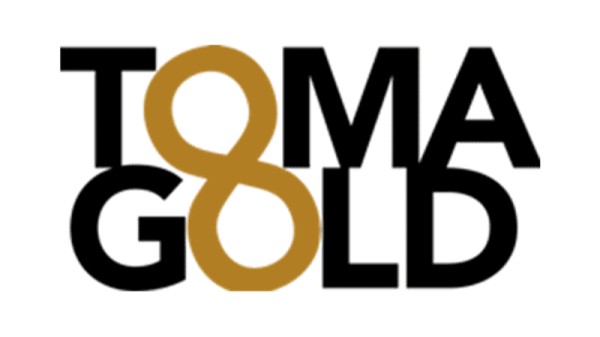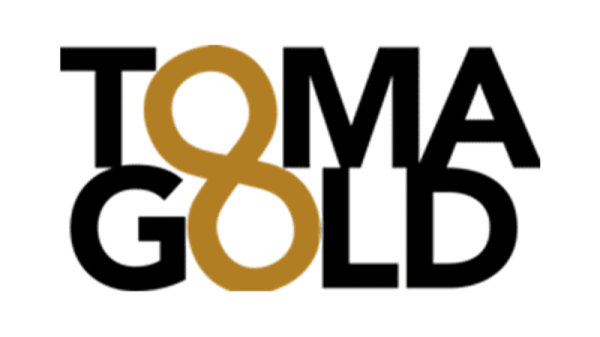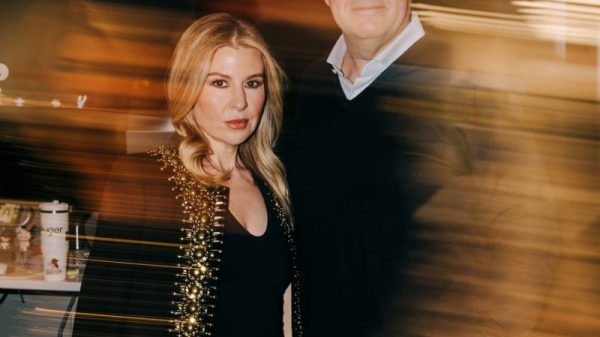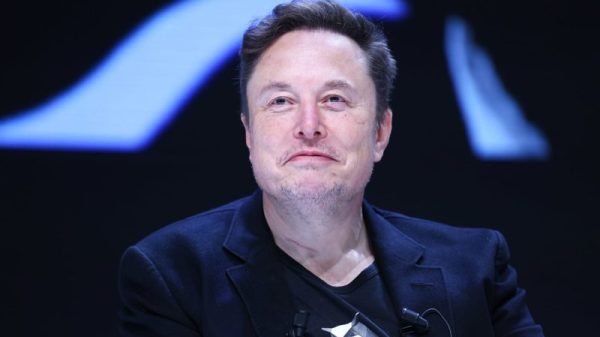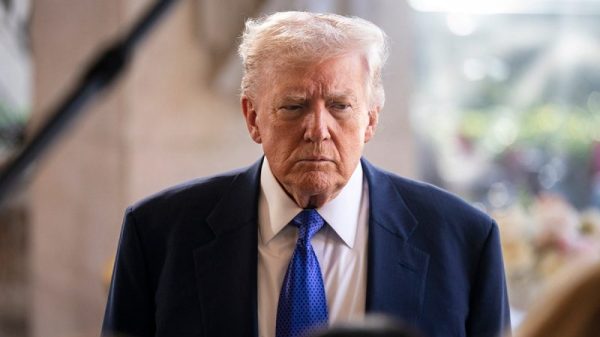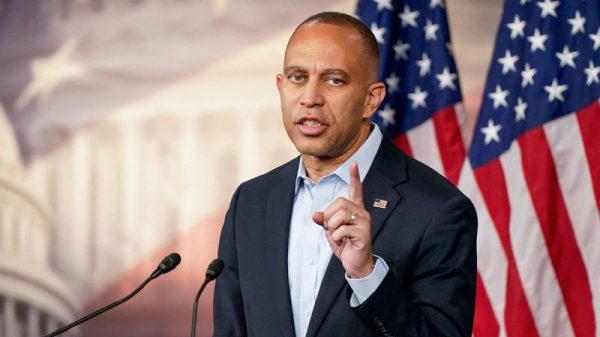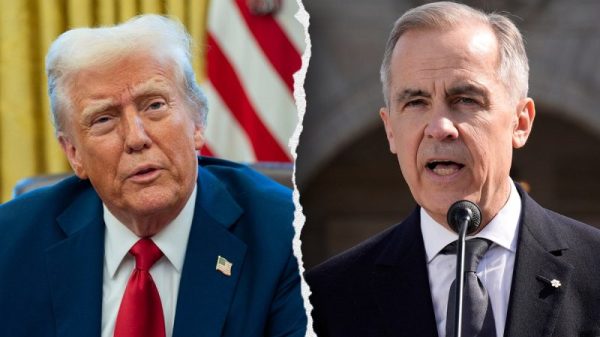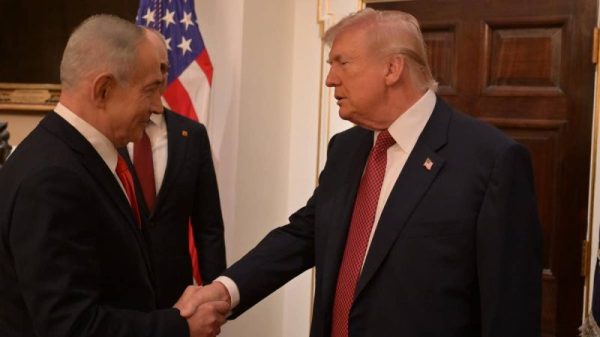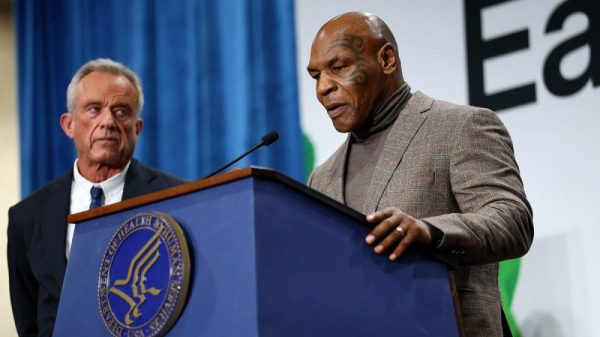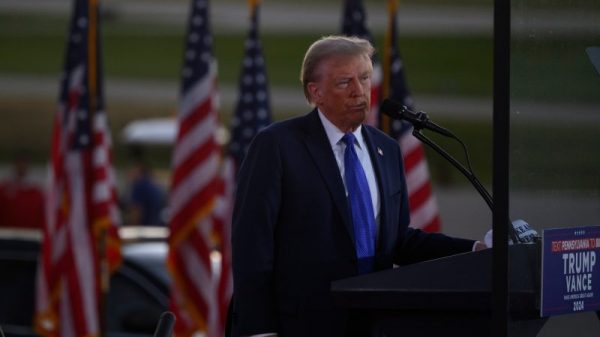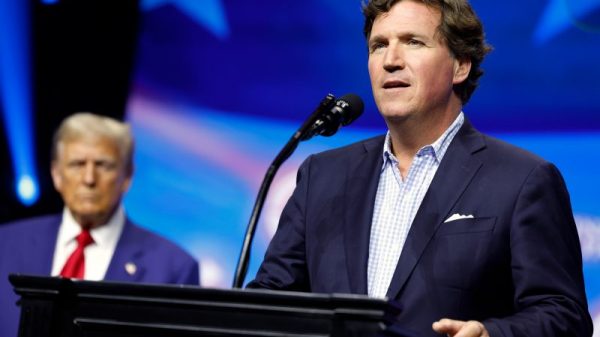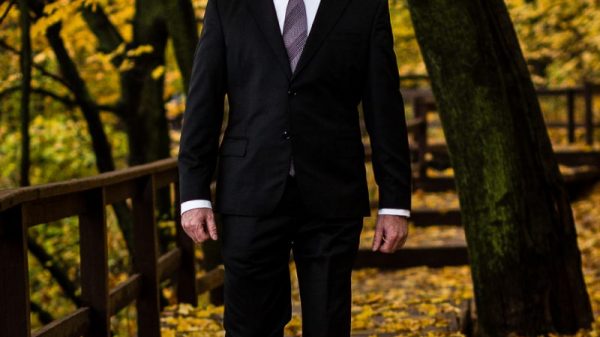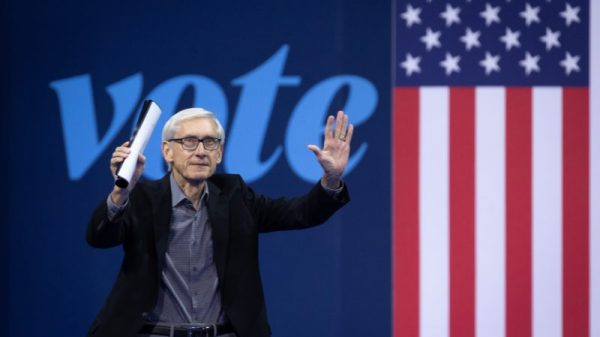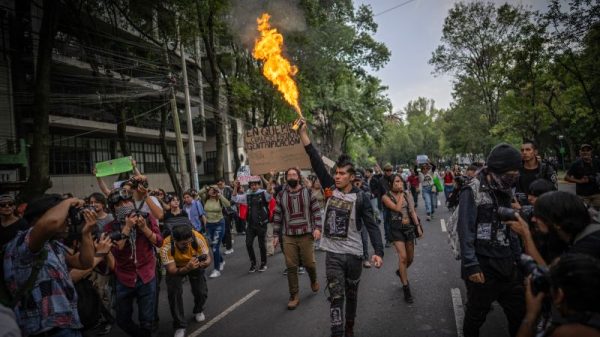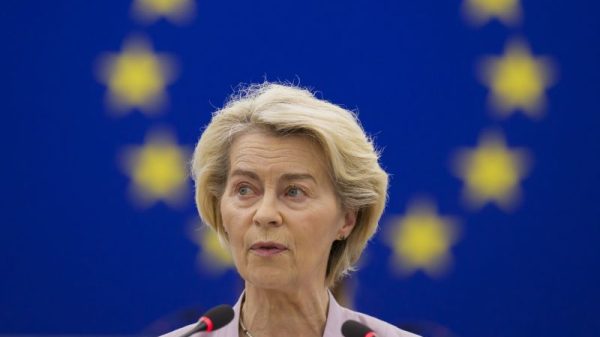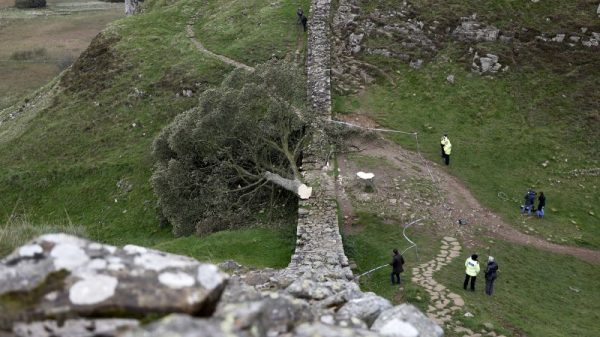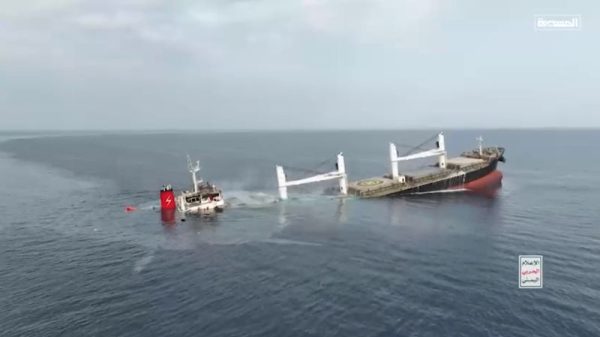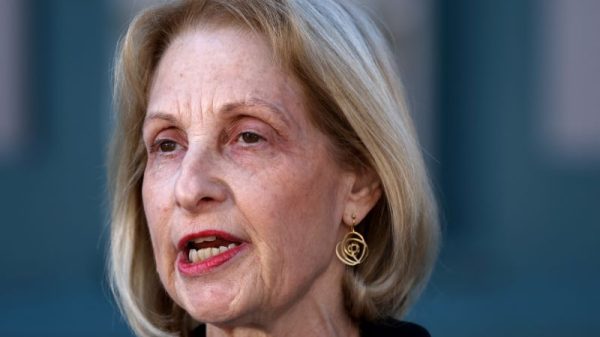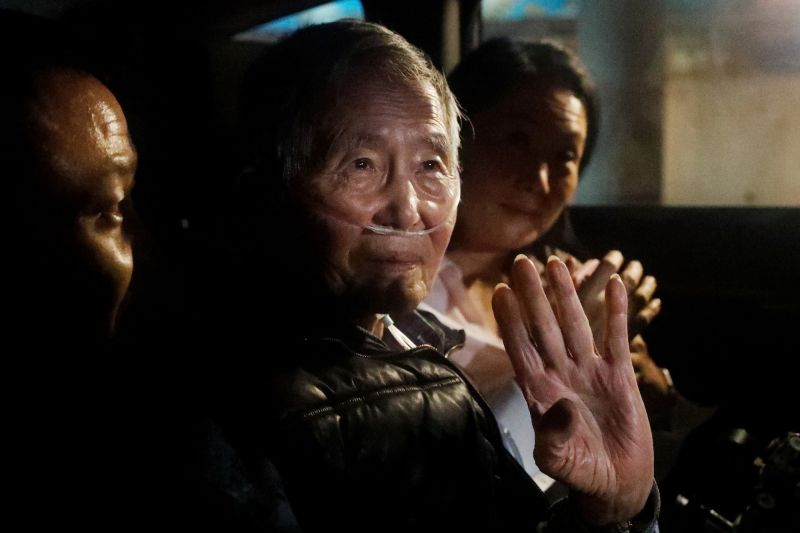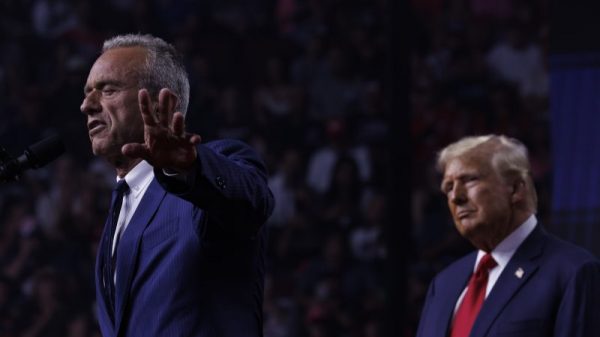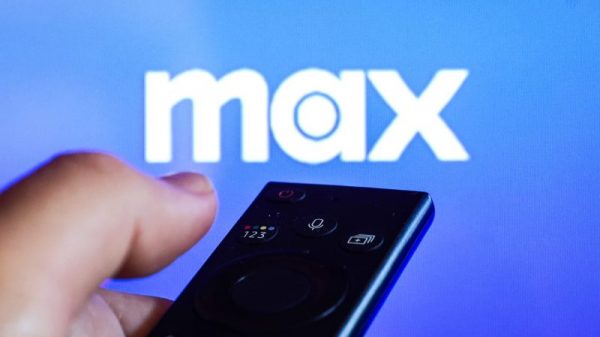Former Peruvian President Alberto Fujimori has died at the age of 86 after a long battle with cancer, his daughter Keiko Fujimori said Wednesday night.
“After a long battle with cancer, our father, Alberto Fujimori, has just departed to meet the Lord. We ask those who loved him to accompany us with a prayer for the eternal rest of his soul,” Keiko Fujimori wrote on X.
Fujimori, who ruled Peru from 1990 to 2000, had been fighting for his health, his primary care physician Alejandro Aguinaga said earlier on Wednesday in brief statements to reporters outside the home of Keiko Fujimori.
Fujimori had previously revealed he had been diagnosed with a new malignant tumor in May.
A controversial figure in his country, Fujimori’s tenure in office brought the country back from the brink of economic collapse but was also plagued by allegations of human rights violations and corruption, which he was later convicted of decades later.
From political outsider to strongman
The son of Japanese immigrants, Fujimori studied at an agricultural university in the Peruvian capital of Lima before traveling overseas for his graduate education in the US and France.
Once back in Peru, he hosted a television show focused on environmental issues before launching a presidential bid in 1989 as the leader of a new party – Cambio 90 (“Change 90”) – eventually defeating future Nobel literature prize-winning author Mario Vargas Llosa.
Fujimori inherited a country in economic crisis. Soon after taking office, he implemented austere economic policies known as “the Fujishock,” which reined in hyperinflation.
He also claimed victory over the Shining Path rebel movement, one of the oldest guerrilla groups in Latin America, after his government captured the group’s leader, Abimael Guzman, who was responsible for tens of thousands of deaths. Years later, his handling of a months-long hostage siege by another rebel group at the Japanese ambassador’s residence garnered him international praise.
For some Peruvians, Fujimori’s domestic victories transformed him from a political outsider to the strongman the country needed. But the former president had an authoritarian streak, using security forces to repress opponents. Soon, abuse of power and corruption allegations emerged and cast a dark shadow over his national achievements.
In the early 90s, Fujimori’s then-wife, Susana Higuchi, publicly denounced him as corrupt and claimed his family had illegally sold clothing donated to Japan. After the pair divorced, Fujimori installed the couple’s eldest daughter Keiko as Peru’s first lady ahead of his second term.
In 2000, Fujimori stood for an unprecedented third term in office despite questions about the constitutionality of running yet again. He won, prompting his main opposition candidate to claim election fraud.
But his government crumbled spectacularly later that year, after videos of Vladimiro Montesinos – his powerful intelligence chief for over a decade – were leaked, showing Montesinos bribing an opposition congressman. The scandal quickly snowballed as numerous incriminating videos emerged.
Fujimori denied any wrongdoing, but his standing with the public began to shift. Many Peruvians were left unconvinced and insisted he must have been aware of his top aide’s abuse of power and embezzlement.
That November, during a trip to Japan, Fujimori tried to quit the Peruvian presidency by sending a fax home announcing his resignation. The move threw the country’s political landscape into chaos. Days later, Peru’s congress instead fired him and labeled him “morally unfit” to govern.
He remained in Japan for a number of years, defiant that he would one day return to the upper echelons of Peruvian politics. In the mid-2000s, he traveled to Chile while preparing to stage a political comeback but was promptly arrested and eventually extradited back to Peru to face human rights abuse charges, among other alleged violations.
Legal battles
Fujimori has been in and out of prison over the last few years as a result of his declining health, after being convicted in four different criminal trials.
In 2009, a special supreme court tribunal sentenced him to 25 years in prison for authorizing the operation of a death squad responsible for killing civilians.
In separate trials, the former president was also found guilty of breaking into Montesinos’ home to steal incriminating videos, taking money from the government treasury to pay the spy chief and authorizing illegal wiretaps and bribing lawmakers and journalists.
He received a medical pardon for his human rights abuses in December 2017 from then-Peruvian President Pedro Pablo Kuczynski. Kuczynski’s office issued a statement at the time, saying Fujimori “suffers from a progressive, degenerative and incurable disease,” adding “prison conditions mean a serious risk to his life, health and integrity.”
“I am aware that what resulted during my administration, on one hand, was well-received but I recognize that on the other hand, I have also disappointed other compatriots. To them, I ask forgiveness from the bottom of my heart,” Fujimori had said in a video filmed from his hospital bed and posted to Twitter in 2017.
But the pardon sparked violent protests in the capital of Lima and attracted widespread criticism from human rights organizations and lawmakers.
It was ultimately overturned and in January 2019 he was returned to prison. Separately in 2018, a Peruvian court ruled he could face trial for allegedly authorizing the 1992 kidnappings, torture and killings of six people in the central Peruvian town of Pativilca, according to state-run news agency Andina.
Even with multiple criminal convictions Fujimori always held his ground, arguing that any actions he took were for the good of the country. He maintained that position until the very end.


